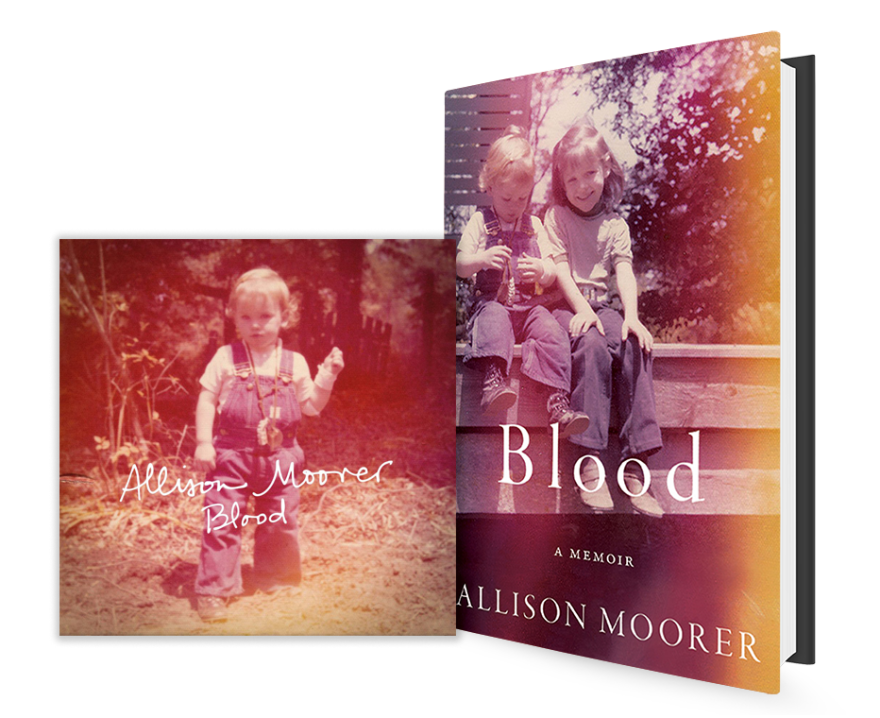Allison Moorer’s song “Cold Cold Earth” has the bones of a centuries-old tradition, the folk murder ballad in which a man inexplicably goes mad with jealousy and takes the life of his beloved. Songs like “The Knoxville Girl” and “Delia’s Gone” drew from true events to evoke a morally complex and tragic world in the British and African-American threads of country respectively.
“Overwhelmed with sadness, He reached for his gun,” Moorer sings to a timeless, lamenting melody on the second track of her new album Blood. “And took her life along with his, Before the morning sun.” And while this sounds like a parable from a bygone century, it’s an all-too-real account of the central tragedy of her family and upbringing. On August 12, 1986, when she was 14 and her sister, the songwriter/artist Shelby Lynne was 17, Vernon Franklin Moorer took the life of his wife Laura Lynn Smith Moorer and then turned the gun on himself. The early morning shots in deep south Alabama woke the sisters up and changed their lives forever.
Since the early 2000s, when Moorer emerged as one of the most luxurious and profound singer/songwriters in modern country music, the story has been something of an elephant in the room in her career trajectory. Journalists sometimes were asked not to bring it up. Sometimes they did, and Moorer guardedly spoke about it from time to time. She actually wrote “Cold Cold Earth” years ago and included it as a hidden track on her second album The Hardest Part in 2000. But the story nevertheless hovered in the background as what a friend of mine once called “the sentinel emotional event” in a life otherwise blessed by creative gifts and much acclaim.

Finally, Moorer decided to tackle the experience head on and in public, for herself and for the world. This fall she released an album and companion memoir with the same multi-layered title. Her bond with her mother, whom she didn’t know nearly as well as she should, is celebrated and grieved. Her struggle to forgive her father is rendered with deep humanity and grace. Her connection with her sister, always “Sissy,” is her life-raft, since the tragedy and in the years of fear and incompleteness that preceded it. “I promise you, I do, it’ll always be us two,” she sings in the heart-rending song “Nightlight.”
In a conversation for The String, Moorer talks about taking this story to the world, in concerts and a book tour that has included some high profile media reports (NPR’s Fresh Air and CBS This Morning among them), as well as many encounters with fans, who’ve shared their own traumas and struggles with the author/artist. That, she tells me, has been the most challenging and surprising part of the roll-out of Blood. But participating in a culture of witness and catharsis was not by accident.
“That’s so much of the part of the point of this book,” Moorer says. “We have to be able to tell our stories in order to heal from them. If we keep quiet, if we keep the shroud over everything, it’s never going to get any better. We’re going to keep re-living the same stuff over and over…in a childhood state.”
We also talk about writing the fiery rocker “The Rock And The Hill” in memory of her mother and the uncanny song her father left behind called “I’m The One To Blame.” The lyrics were found in his belongings and Shelby Lynne set it to music. It’s recorded on Blood for the first time.



